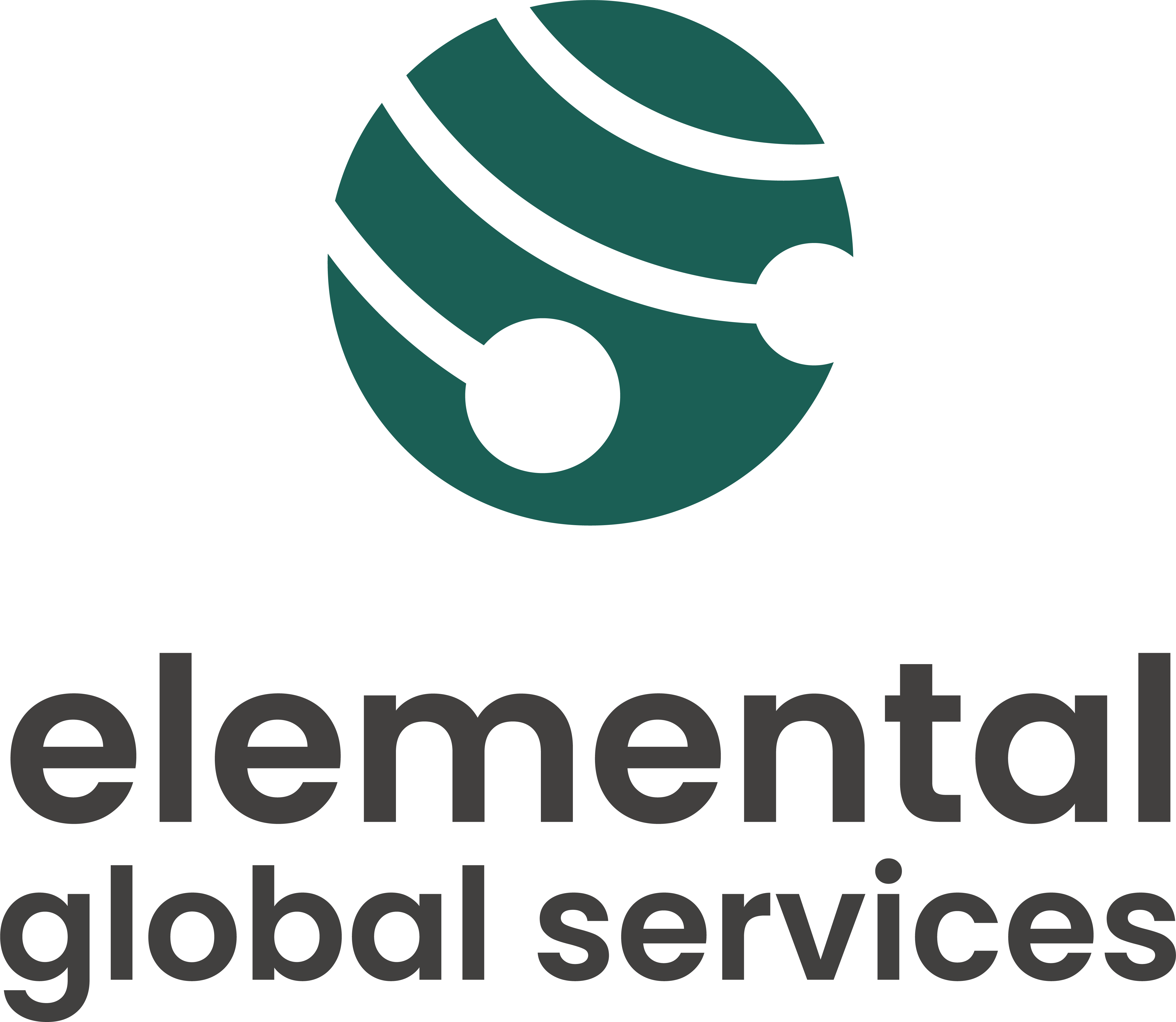Every three years the European Commission reviews the list of raw materials that are critical for the EU’s ambition to deliver the Green Deal. The most recent list contains a record number of 30 materials, including many metals which are sustainably produced by the Elemental Holding Group.
The enormous appetite for resources (energy, food, and raw materials) is putting extreme pressure on the planet, accounting for half of greenhouse gas emissions and more than 90 percent of biodiversity loss and water stress. That is why scaling up the circular economy and recycling technologies is vital to achieve climate neutrality, while keeping resources use within planetary boundaries.
The current list of the EU’s critical raw materials contains thirty materials, as compared to only fourteen in 2011, twenty in 2014, and twenty seven in 2017. Among those produced sustainably by the Elemental Holding Group from secondary sources are cobalt, platinum group metals (such as rhodium, palladium, and platinum), as well as newly added lithium.

The list is based on the most recent data and estimates when it comes to the critical materials’ supply risks and their role in strategic technologies and sectors. For example, to further grow the electric vehicles and energy storage secors, the EU needs up to 18 times more lithium and 5 times more cobalt in 2030, as well as almost 60 times more lithium and 15 times more cobalt in 2050, compared to the current supply to the EU economy. If not addressed, this increase in demand may lead to supply issues. The need for other metals – such as nickel, platinum, palladium, copper, rhodium or silver – is also expected to grow rapidly until 2050.
According to recent data, Europe is highly reliant on imports for most metals. The supply of many of them is highly concentrated as most of their primary mined production comes from just single countries or regions in other parts of the world. Even if certain materials are mined in Europe, like lithium, they currently have to leave their domestic market for processing. The technologies, capabilities and skills in refining and metallurgy are a crucial link in the value chain.
Another challenge is that mining processes lead to considerable social and environmental problems, such as heavy metal pollution, habitat destruction, or resource depletion. This proves the role of reducing dependency on primary critical raw materials through circular use of resources. Although circularity and recycling of raw materials is an integral part of the transition to a climate-neutral economy, it demands a new comprehensive regulation addressing, among other aspects, the end-life-phase, recycling efficiency, recovery of materials and recycled content.
At Elemental Holding, we aim at letting valuable materials, which are available for recovery or recycling, never end up in landfill. In sectors where secondary production makes only a marginal contribution to the supply of metals, we see a huge loss of potential value to the economy and a source of avoidable strain on the environment and climate. As we bring valuable metals and resources back to businesses and communities, we consistently follow our vision of an economy powered by fully green and sustainable technologies.
